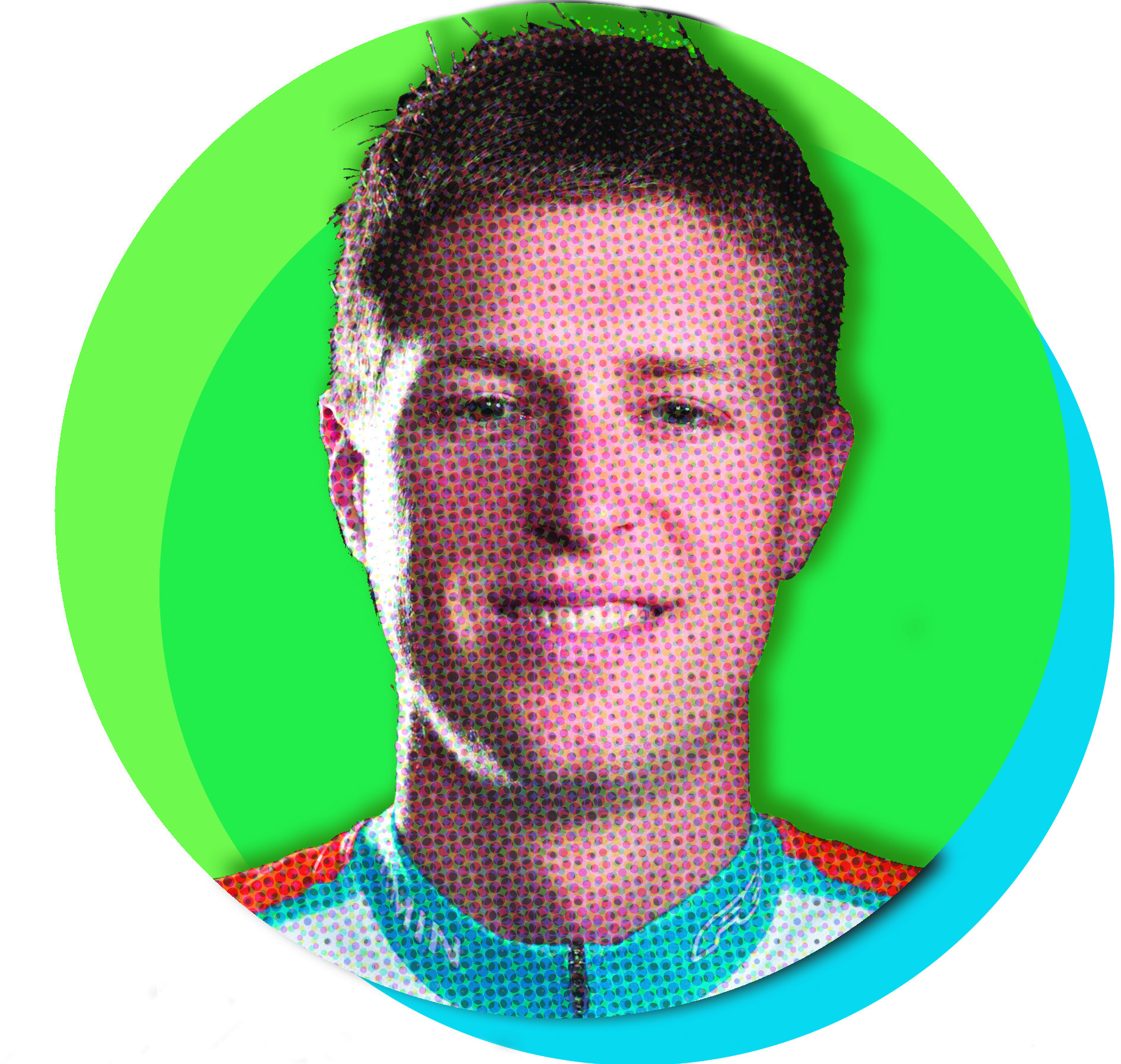After flying along in top gear for a while, the sport of cycling has suffered lately as doping scandals have forced everyone to question who is clean and who is dirty. Lance Armstrong, the man who won seven consecutive Tour de France titles from 1999 to 2005, had long been the poster boy of the sport, so when it came to light that he too had been a doper it seemed that the sport was in desperate need of a hero to lift them out of this doping-inspired darkness.
Enter Ryder Hesjedal.
The native of Victoria, B.C. had been established in recent years as a threat to win the major events of the cycling world, coming in sixth in 2010 and 18th in 2011 in the Tour de France. It was in Italy in 2012 when he finally made his mark in the cycling world, and brought a newfound interest and respect to the sport of cycling in Canada.
The Giro d’Italia is the premiere cycling event in Italy, and one of the three major annual events of the cycling season alongside the Tour de France and the Vuelta a España. Hesjedal put in a very strong performance over the course of the 21-stage tour, taking the overall lead on three separate occasions. The third and final time came during the final stage, erasing a 31-second deficit by then leader Joaquim Rodriguez and earning the Pink Jersey. His trek through Italy covered 3,502.1 kilometres and took him 91 hours 39 minutes and 2 seconds. It marked the first time a Canadian had ever won the event in the 95-year history of the event.
The victory triggered support and interest, raising hopes that Hesjedal could add to his winnings when he took part in both the Tour de France as well as the Summer Olympics in London. The Tour did not go according to plan for Ryder, as a crash left him scraped and bruised to the point that he was forced to withdraw from the event. His struggles continued in London, finishing 63rd in the road race event and 28th in the time trial.
However, his prowess was still plenty good enough to earn him the Lionel Conacher Award as Canada’s top male athlete of the year, a feat of which he was very deserving. Hesjedal’s impact on the sport, not only as a Canadian but as a non-doper, is something that cycling really needs if it hopes to rise above the scandals it has endured in the past few years.
graphic by silvana moran


